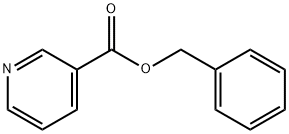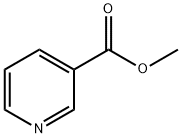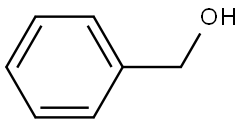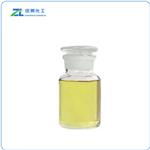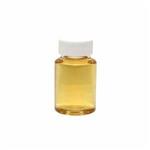Chemical Properties
Benzyl nicotinate is a benzyl ester resulting from the formal condensation of the carboxy group of nicotinic acid with benzyl alcohol. It derives from a nicotinic acid. It is a vasodilator agent and is also generally used in cosmetics and drugs.It has been used as a rubefacient.
Benzyl nicotinate can be used for the synthesis of benzylpalladium complexes to be used as catalysts for the substitution of olefins with benzylic groups.
Uses
benzyl nicotinate can increase skin oxygenation—thanks to vasodilatation properties—and help stimulate the healing process of wounded skin. It is an ester form of niacin (vitamin B), benzyl alcohol, and nicotinic acid.
Uses
These Secondary Standards are qualified as Certified Reference Materials. These are suitable for use in several analytical applications including but not limited to pharma release testing, pharma method development for qualitative and quantitative analyses, food and beverage quality control testing, and other calibration requirements.
Uses
Benzyl nicotinate can be used for the synthesis of benzylpalladium complexes to be used as catalysts for the substitution of olefins with benzylic groups.
Definition
ChEBI: A benzyl ester resulting from the formal condensation of the carboxy group of nicotinic acid with benzyl alcohol. It has been used as a rubefacient.
General Description
Pharmaceutical secondary standards for application in quality control provide pharma laboratories and manufacturers with a convenient and cost-effective alternative to the preparation of in-house working standards. Benzyl Nicotinate is a medication widely used as a vasodilator, that widens blood vessels. It basically oxygenates and flushes the skin′s capillaries.
Clinical Use
Benzyl nicotinate is used in combination with heparin in the treatment of inflammation of vein (thrombophlebitis), pain in dilated veins area, pains and cramps in the leg muscles, disturbances of lymph circulation, traffic and sports related injuries, postoperative and posttraumatic scars, non-joint rheumatism or soft tissue rheumatism.
Side effects
The common side-effects of Heparin+benzyl Nicotinate are skin irritation, redness, burning sensation, and itching. These side-effects are usually mild and temporary.
